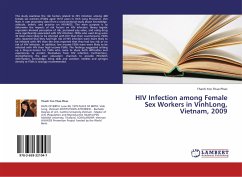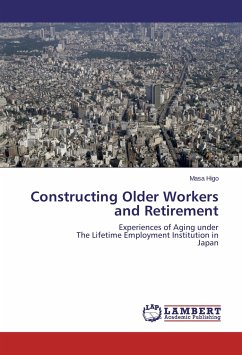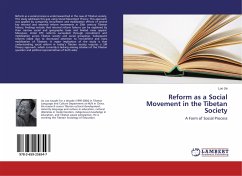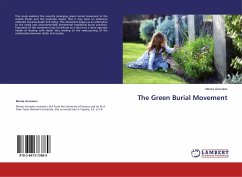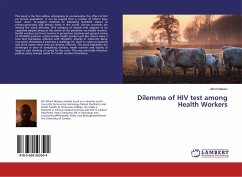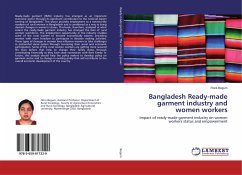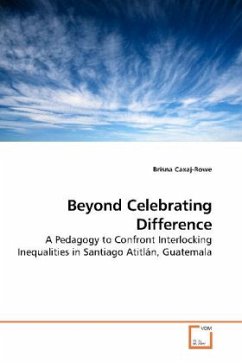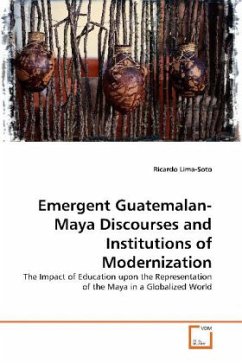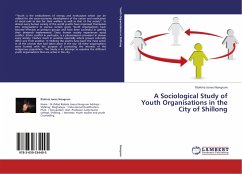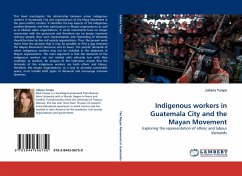
Indigenous workers in Guatemala City and the Mayan Movement
Exploring the representation of ethnic and labour demands
Versandkostenfrei!
Versandfertig in 6-10 Tagen
32,99 €
inkl. MwSt.

PAYBACK Punkte
16 °P sammeln!
This book investigates the relationship between urban indigenous workers in Guatemala City and organizations of the Maya Movement in the post-conflict context. It identifies the key aspects of the indigenous workers'demands and their participation in Mayan organizations as well as in Market Labor organizations. If social movements have no longer connection with the grassroots and therefore can no longer represent ordinary people, then such representation and channeling of demands should be done by the civil society organizations. Thus, the present work starts from the premise that it may be po...
This book investigates the relationship between urban indigenous workers in Guatemala City and organizations of the Maya Movement in the post-conflict context. It identifies the key aspects of the indigenous workers'demands and their participation in Mayan organizations as well as in Market Labor organizations. If social movements have no longer connection with the grassroots and therefore can no longer represent ordinary people, then such representation and channeling of demands should be done by the civil society organizations. Thus, the present work starts from the premise that it may be possible to find a gap between the Mayan Movement discourse and its bases. The specific demands of urban indigenous workers may not be included in the objectives of Mayan organizations. The main argument is that the demands of the indigenous workers are not related with ethnicity but with their condition as workers. An analysis of the interviews reveals that the demands of the indigenous workers are both ethnic and labour, therefore, the mayan organizations, as a way to promote sustainable peace, must include both types of demands and encourage inclusive identities.



